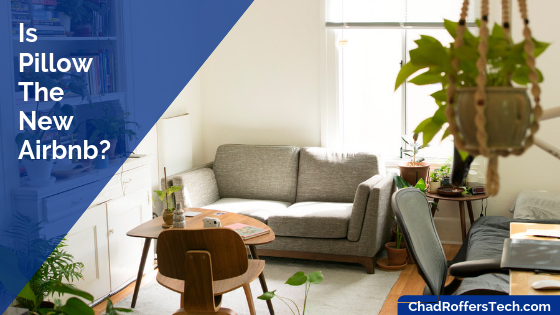Airbnb has fundamentally changed the nature of commercial real estate. Where people looking to travel away from home were once beholden to the market conditions established by the hospitality industry, Airbnb offered a crowdsourcing model where homeowners (and sometimes renters) could connect directly with prospective clients. It was a revolutionary model, and it was an inevitability that some stricter regulations would have to be put in place. Airbnb has partnered with rental management company Pillow to provide that extra layer of organization.
One of the big problems with Airbnb is that it occupies something of a legal wild west. In the same way that Uber and Lyft managed to undercut traditional taxi companies by circumventing regulations, there are still few rules in place for how crowdsourced home and apartment rentals are handled. That’s raised a number of concerns among landlords who are having to come to terms with their own rentals subletting their spaces. While many property owners restrict subletting in their leases, Pillow has been seeking out a solution that allows both property owners and tenants to benefit from short-term rentals.
What Pillow promises is transparency. It allows property owners to turn their long-term rentals into short-term rentals while they seek out more permanent tenants. They accomplish this by incorporating a wide variety of different tools into the interface used by property owners and managers. These include a wide variety of different dashboards that allow them to parse financial insights and maximize the profit on their properties.
But this same level of transparency applies to tenants who are looking to rent out their spaces on a short-term basis as well. The process of placing listings can be automated, and Pillow employs a network of turnover service providers to ensure that residents can automate the process of cleaning and managing their units. There’s also a digital guest guide integrated into the interface to facilitate stronger communications between tenants and guests. It’s a model that benefits everyone. Guests get a higher level of assurance regarding the quality of the spaces they’re renting, tenants can automate the process of setting up short-term rentals, and property owners get to share directly in the profits.
The partnership between Airbnb and Pillow is still young, but it shows a lot of promise. The features already in place are impressive, but it’s likely that the tools available will only grow in the coming years.

